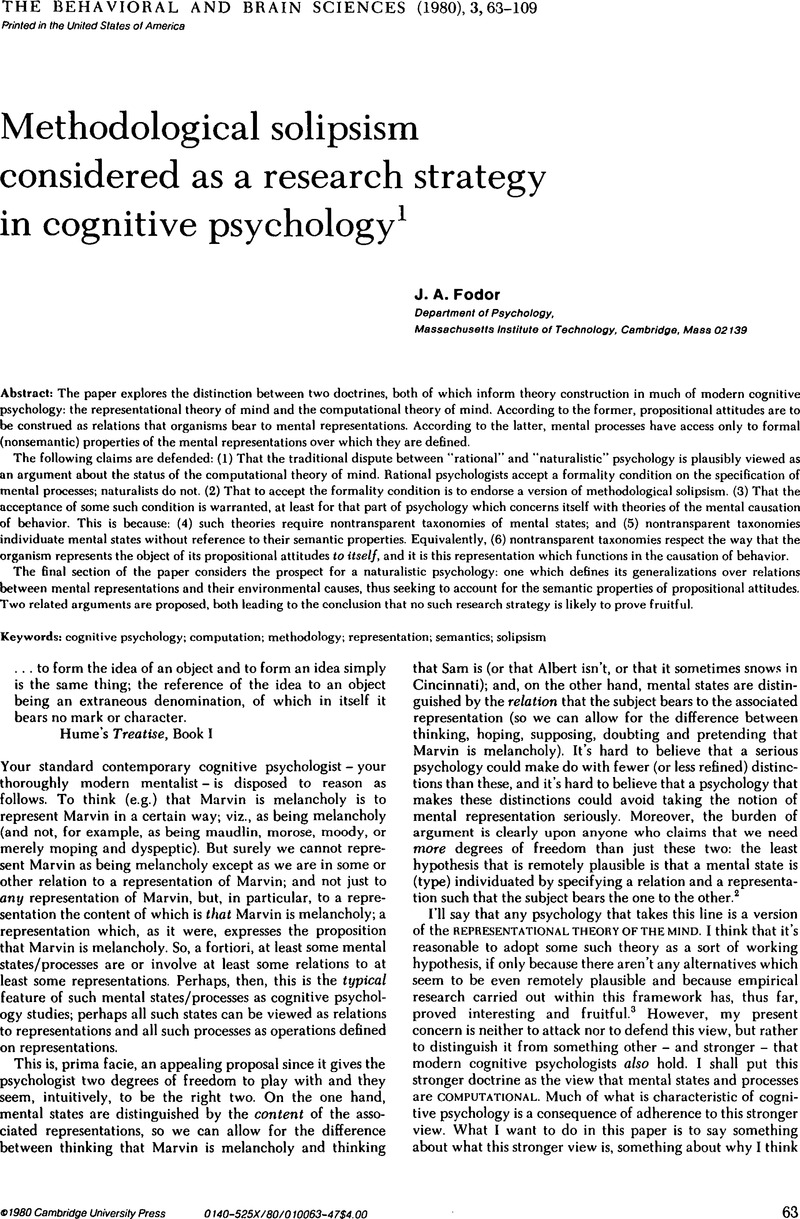Cohen, L. J.,
Fodor, J. A., and
Katz, J. J. (
1970) What is the ability to refer to things, as a constituent of a language- speaker's competence? In:
Visentini, B. (ed),
Linguaggi nella societá e nella tecnica, pp.
255–
268.
Milan:
Edizioni di Communita. [LJC]
Google Scholar 